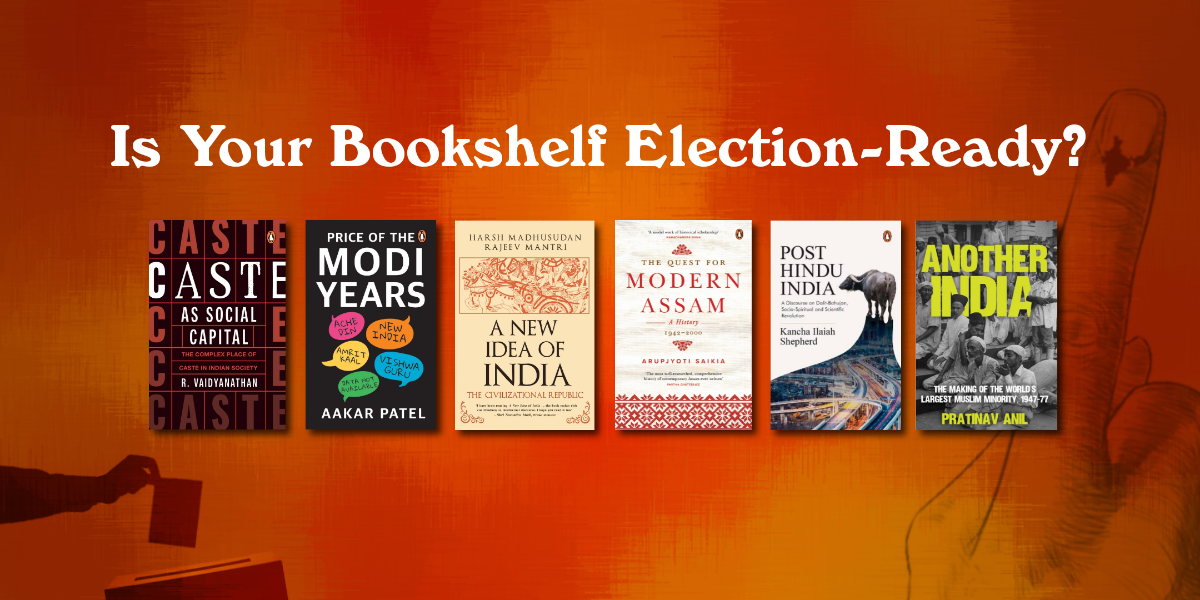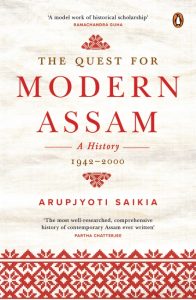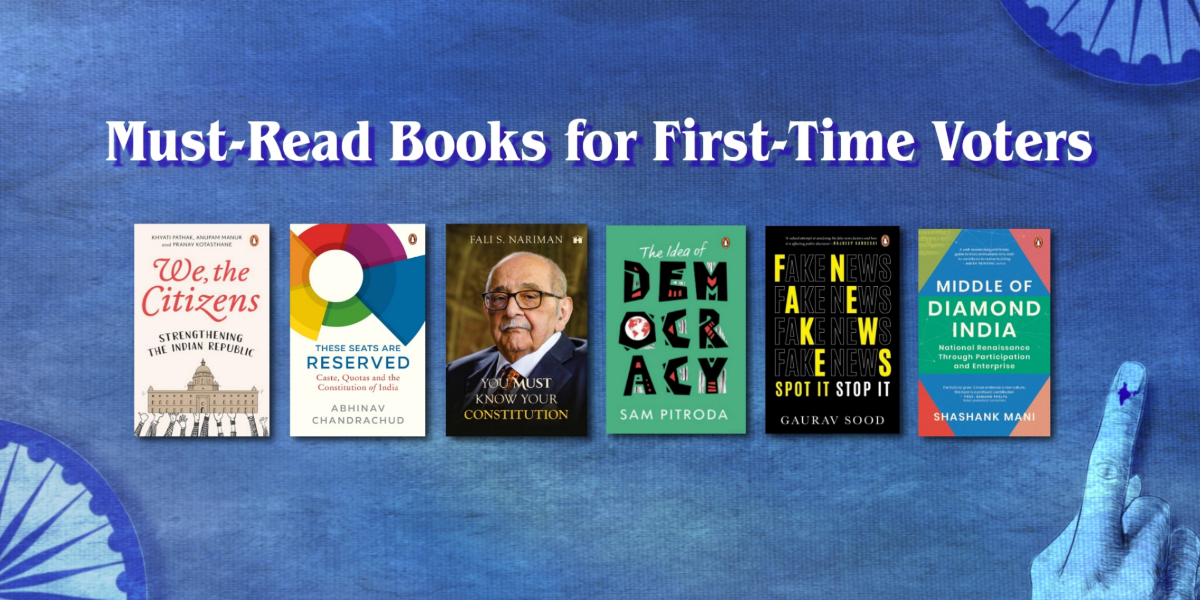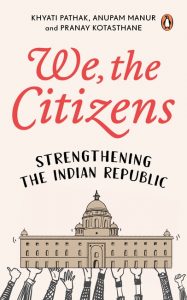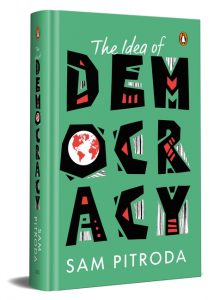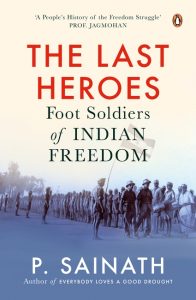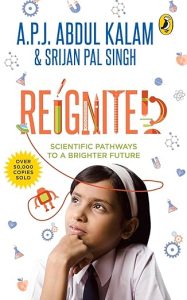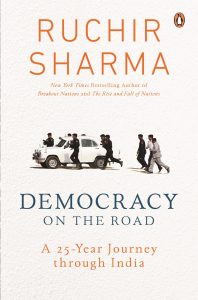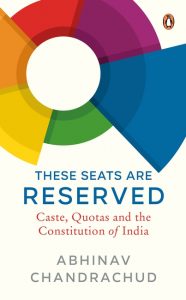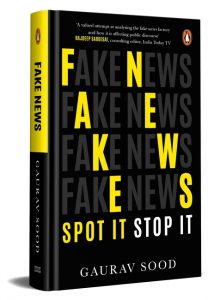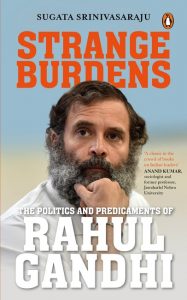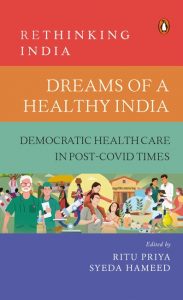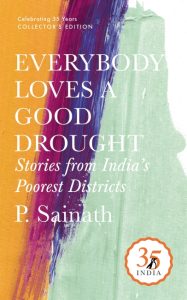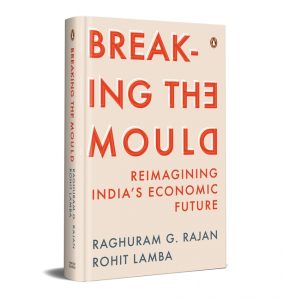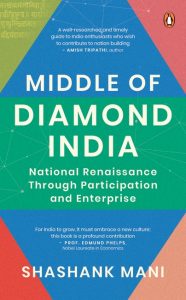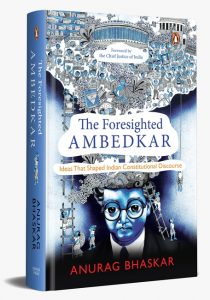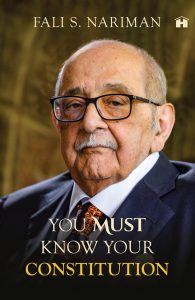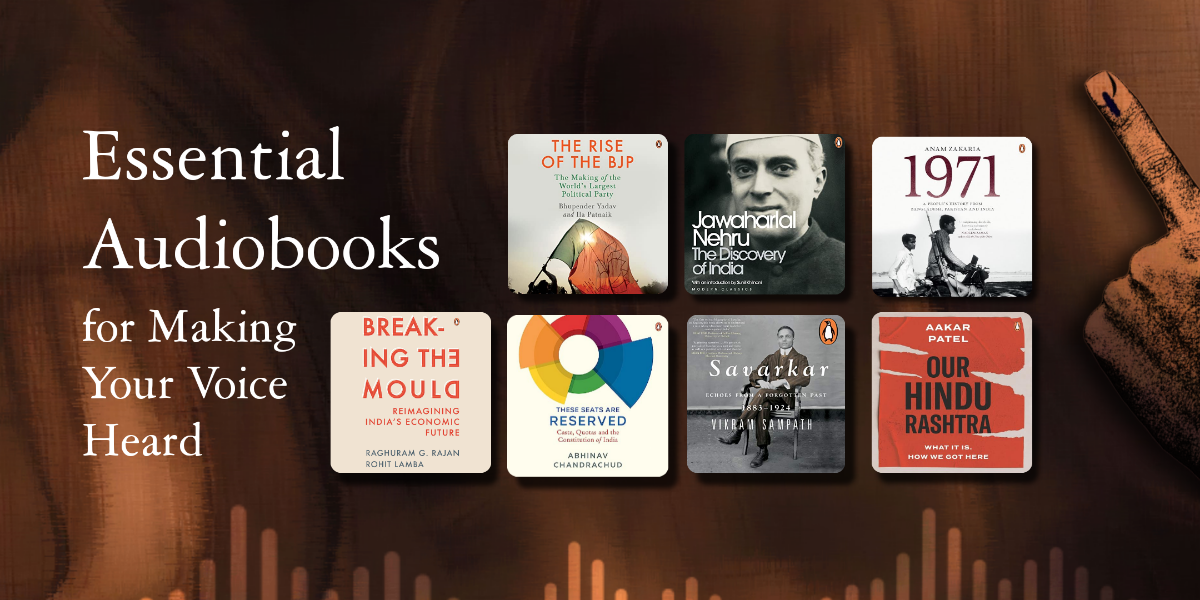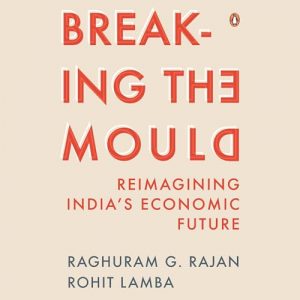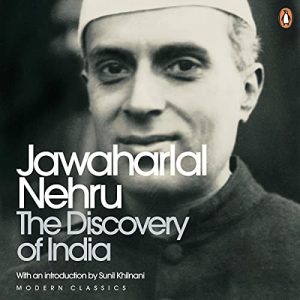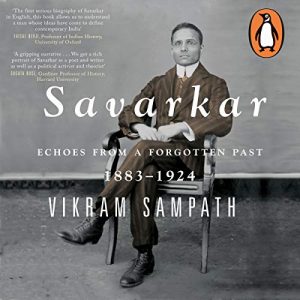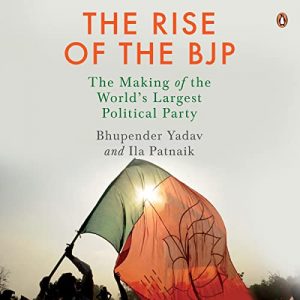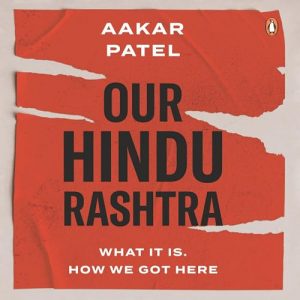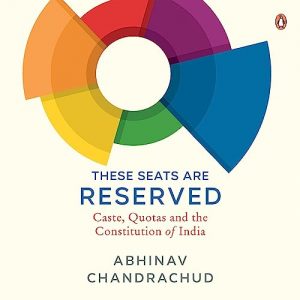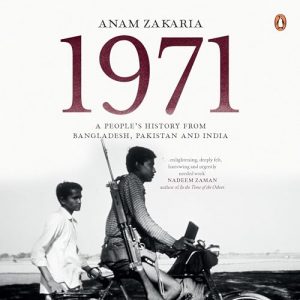With the 2024 elections in full swing, it’s time to prepare ourselves. We’ve put together a list of 12 essential books that you absolutely need to check out before you cast your vote. These books cover everything from politics to policies, helping you make a well-informed decision when it’s time to hit the polling booth. Let’s dive in and get election-ready together!
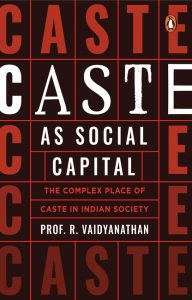
Caste as Social Capital examines the workings of caste through the lens of business, economics and entrepreneurship. It interrogates the role caste plays in the economic sphere in terms of facilitating the nuts and bolts of business and entrepreneurship: finance, markets and workforce. Through this qualitative view of caste, an entirely new picture emerges, which forces one to view the age-old institution of caste in a new light.
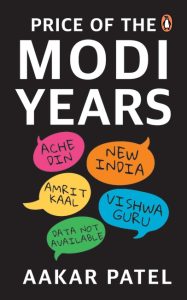
Columnist, author and political commentator, Aakar Patel has long been a close observer of the political scenario. In Price of the Modi Years, he seeks to explain the data and facts on India’s performance under Narendra Modi.
Modi’s predecessor, Manmohan Singh, had once said that Modi would be a disaster as prime minister. This book shows how. It concedes Modi’s popularity; this is an accounting of the damage he has wrought. It is the history of India since 2014, assessing the damage across the polity from the economy, national security, federalism, foreign relations, legislations and the judiciary to media and civil society.
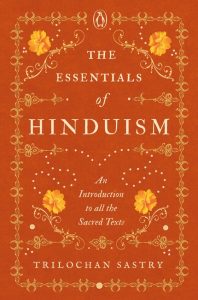
Hinduism is an ancient religion, philosophy and way of life. Unlike other great religions that are based on a small set of books, there are hundreds of texts in Hinduism, most of which are very voluminous. They span not merely centuries, but millennia. And most importantly, these ancient scriptures are all in Sanskrit which many do not know. Therefore for a beginner with an interest in Hinduism it is a daunting task as you don’t know where to start such a study.
In The Essentials of Hinduism, Trilochan Sastry unpacks all the ancient texts from the Vedas to the epics covering the entire range of scriptures and everything you need to know about them in an easy-to-read and accessible way making it of special interest to Hindus and those from other religions and nations, and even those who are agnostic or atheistic.
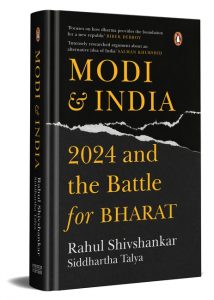
In 2014, the BJP, under the leadership of Modi, won a clear majority in the Lok Sabha elections. The National Democratic Alliance’s triumph ended a nearly two-and-a-half-decade run of mostly messy coalition governments. In 2019, the BJP further improved its tally, cementing its parliamentary majority and its ability to ring in transformational laws and policies. Most of the initiatives taken by the Modi-led NDA have been aimed at positioning Bharat as a ‘Vishwa Guru’—an exemplar of moral righteousness, a pluralistic democracy led by dharma and drawing sustenance from the wellspring of an eternal Hindu universalism.
Evocative, anecdotal, argumentative and deeply researched, Modi and India: 2024 and the Battle for Bharat chronicles the emergence of, and the battle for, a new republic in the making.
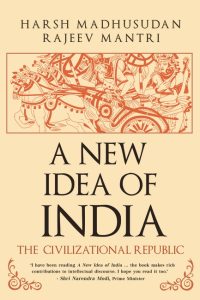
A New Idea of India constructs and expounds on a new framework beyond the rough and tumble of partisan politics. Lucid in its laying out of ideas and policies while taking a novel position, this book is illuminated by years of research and the authors’ first-hand experiences, as citizens, entrepreneurs and investors, of the vagaries and challenges of India. This revised edition builds on some of the arguments of the earlier edition and brings things up-to-date.
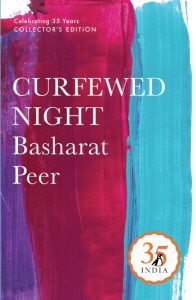
Basharat Peer was a teenager when the separatist movement exploded in Kashmir in 1989. Over the following years countless young men, seduced by the romance of the militant, fuelled by feelings of injustice, crossed over the Line of Control to train in Pakistani army camps. Peer was sent off to boarding school in Aligarh to keep out of trouble. He finished college and became a journalist in Delhi. But Kashmir-angrier, more violent, more hopeless-was never far away.
Lyrical, spare, gutwrenching and intimate, Curfewed Night is a stunning book and an unforgettable portrait of Kashmir in war.
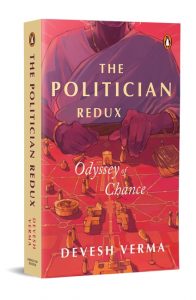
Ram Mohan, an ambitious man in newly independent India, refuses to let his humble origins define him. On a mission to build a political career, he realizes that the only way to live a respectable life is to hold some kind of power.
When the Congress high command vetoes Ram Mohan’s inclusion in the Uttar Pradesh cabinet, Saansad-ji, the state’s chief minister, appoints him as member, UP Public Service Commission, Allahabad. Though non-political, the position has a high social status, and Ram Mohan quickly takes a shine to it. Meanwhile, the JP movement continues to challenge the Congress regime, surging through large parts of India and setting the stage for Indira Gandhi’s downfall.
A sequel to the critically acclaimed The Politician, this new novel, set in the 1970s to 1980s north India, provides a captivating, vivid view of the political battles of that era, and captures the spirit, manners and social conditions of a transformational phase in Indian history.
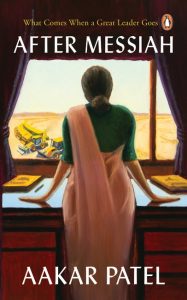
‘Everyone bowed to the Big Man. He was glorified, deified even, with temples raised to him, as the embodiment of the nation.’
Now the Big Man is gone, with nobody named as his successor. Into this void is pushed Mira, who is reluctant at first but increasingly interested in the position she finds herself in. Will she use her authority to further her agenda, or will she hold on to her principles? Watched by her political rivals, Jayeshbhai and Swamiji, and guided by well-wishers Ayesha, Prabhu and Du Bois, she marches on and discovers something about power-and about herself.
Definitive, comprehensive and unputdownable, The Quest for Modern Assam explores the interconnected layers of political, environmental, economic and cultural processes that shaped the development of Assam since the 1940s. It offers an authoritative account that sets new standards in the writing of regional political history. Not to be missed by any one keen on Assam, India, Asia or world history in the twentieth century.
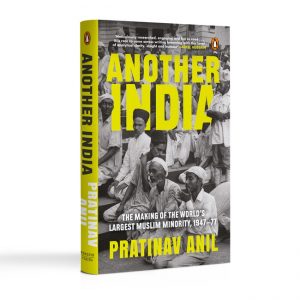
Another India tells the story of the world’s biggest religious minority through vivid biographical portraits that weave together the stories of both elite and subaltern Muslims.
By challenging traditional histories and highlighting the neglect of minority rights since Independence, Pratinav Anil argues that Muslims, since 1947, have had to contend with discrimination, disadvantage, deindustrialization, dispossession and disenfranchisement, as well as an unresponsive leadership. He explores the rise and fall of the Indian Muslim elite and the birth of the nationalist Muslim, and emphasizes the importance of class in understanding the dynamics of Indian politics.
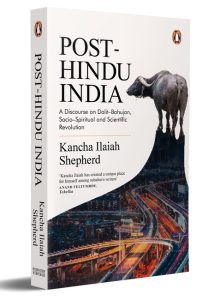
Kancha Ilaiah Shepherd pens a thought-provoking critique of Brahmanism and the caste system in India, while anticipating the death of Hinduism as a direct consequence of, what he says is, its anti-scientific and anti-nationalistic stand. This work challenges Hinduism`s interpretation of history, with a virulent attack on caste politics, and also takes a refreshing look at the necessity of encouraging indigenous scientific thought for the sake of national progress.
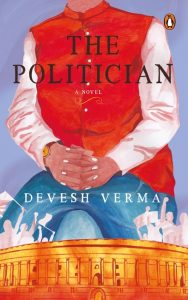
Ram Mohan is an intrepid and ambitious young man in newly independent India, who refuses to be held down by his humble origins. Spurred on by his diehard optimism, he aims for things usually inaccessible to people of his extraction. However, he soon realizes that without political or bureaucratic power, the idea of a respectable life in India is nothing but pretence, and when Gulab Singh rescues him from being insulted by a thug, Ram Mohan becomes persuaded of the efficacy of violence in certain situations . . .
Beginning at the peak of Nehruvian era and ending in the early seventies, The Politician is an enthralling, evocative view of provincial northern India-once the political heartland of the country-and the ebb and flow of the fortunes of its protagonists.







